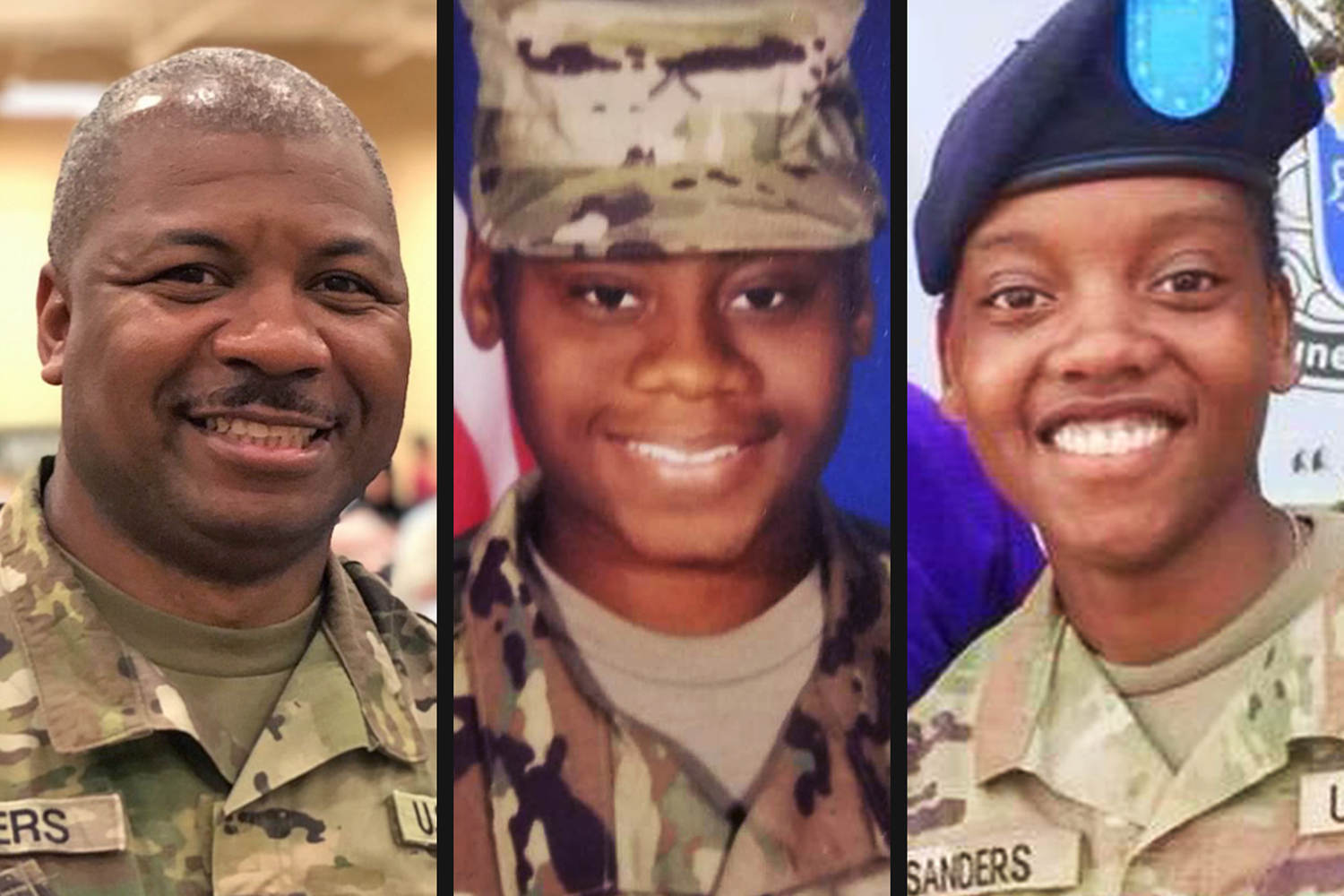

A dignified transfer is conducted for every U.S. service member who dies in a military operation abroad.
During the event, a carry team from the fallen members’ military branch removes the service members’ flag-draped transfer cases from the aircraft that brought them back to the U.S. Their remains are then taken to a waiting van, which transports them to a mortuary facility to be prepared for their final resting places.
A senior ranking officer of the Army will preside as service members carry the soldiers’ transfer cases.
It will be the second dignified transfer Biden has attended since he took office. He attended the transfer of the remains of 13 service members killed in a 2021 terrorist attack outside an airport in Kabul during the U.S. withdrawal from Afghanistan.
Defense Secretary Lloyd Austin is expected to attend Friday’s event at Dover Air Force Base, Delaware, as well.
White House officials said this week that retaliation against the Iran-backed groups they say are responsible for Sunday’s attack would be carried out at the “time and place” of the U.S.’ choosing and that it could last “weeks.”
In addition to the three soldiers who were killed, more than 30 other service members were injured when an explosives-packed drone struck the base near a shelter where some troops were sleeping, according to two U.S. officials.
Biden called the soldiers “patriots in the highest sense” in a statement announcing their deaths. He said that “their ultimate sacrifice will never be forgotten by our nation.”
Biden called Sanders’ parents to deliver the news of her posthumous promotion.
“That is the best news I’ve heard today,” Sanders’ mother said in a video of the call shared by The Atlanta Journal-Constitution. “Thank you so much. You don’t know how much that means to us.”
During his call with Sanders’ parents, Biden discussed his personal relationship with grief after he lost his first wife and daughter in a car accident and later after he lost his son Beau, who was also a veteran, to brain cancer.
He told Sanders’ parents that “the day will come” when they think of their daughter and “you’ll smile before you cry.”
“It takes a hell of a long time to get there,” Biden said. “But I promise you, you’ll get there.”
The media has not always been allowed to witness dignified transfers. In 2009, the Defense Department changed its policy to allow media access if the family of the military member killed consented.
In an interview this week, Shannon Slutman recalled how she decided to allow media coverage of her husband’s dignified transfer in 2019, after an explosive hit his convoy in Afghanistan. Marine Forces Reserve Staff Sgt. Christopher Slutman died April 8, 2019, and was flown to the Dover Air Force base days later.
Media coverage, she said, enabled her husband’s former colleagues in the New York Fire Department to witness his return, along with other Marines he served with in his 14 years in the service.
Slutman recalled that until she saw her husband’s transfer case, she thought: “Maybe they had the wrong information. Maybe he was coming home.”
“You’re sitting there, and you can see the back of the plane. You see the casket sitting there, and I lost my stuff,” she said.
Slutman said she remembers more waiting after her husband’s transfer. She said it was several days before his body was turned over to her and their three young daughters, now a Gold Star family.
Slutman also described how the mortuary affairs team at Dover took impeccable care of her husband’s body.
“When he was returned to me, and you saw the level of care that was given to him — they are unbelievable.”
Gary Grumbach and Aaron Gilchrist reported from Dover and Megan Lebowitz from Washington.
 Latest Breaking News Online News Portal
Latest Breaking News Online News Portal





